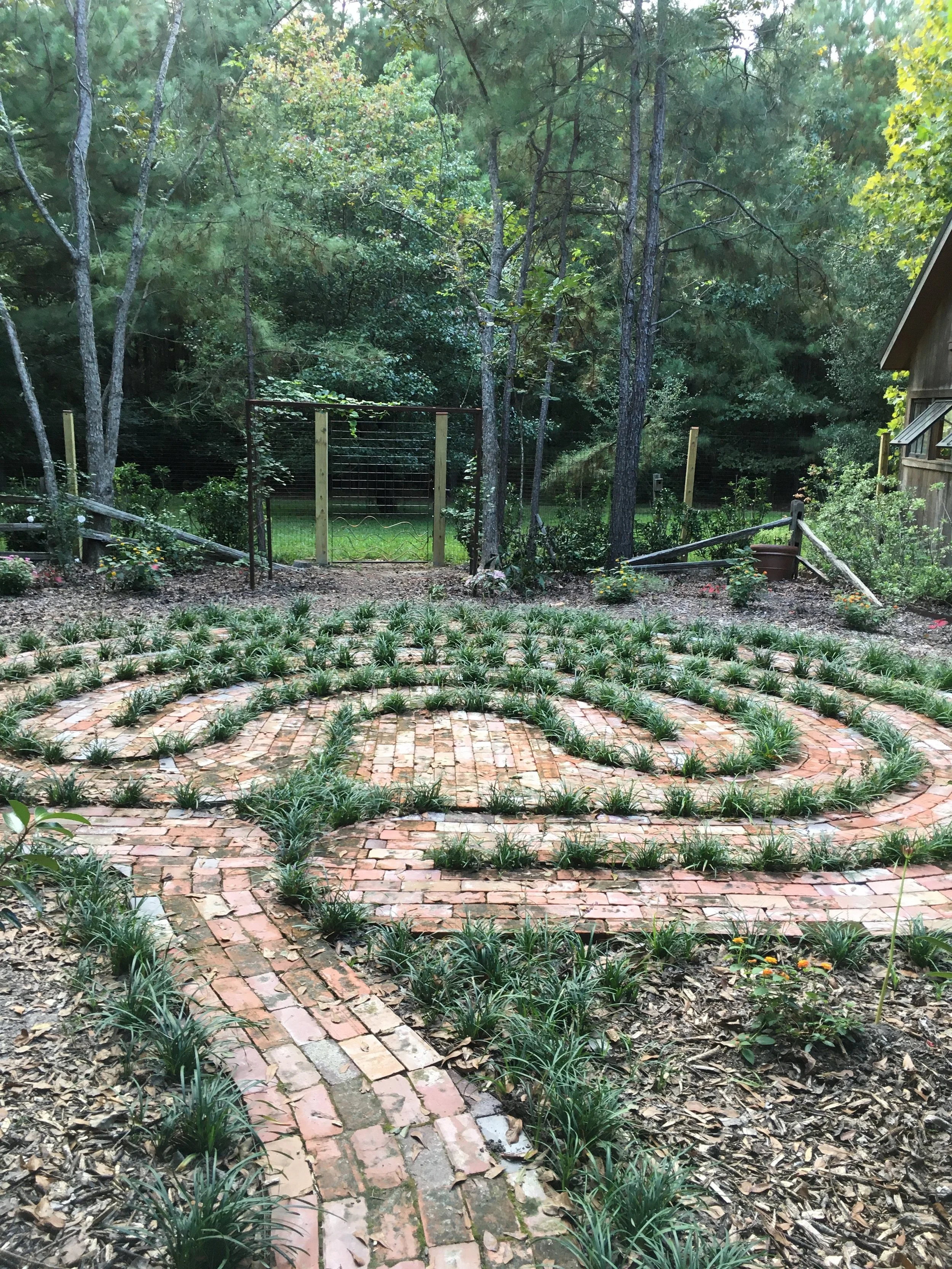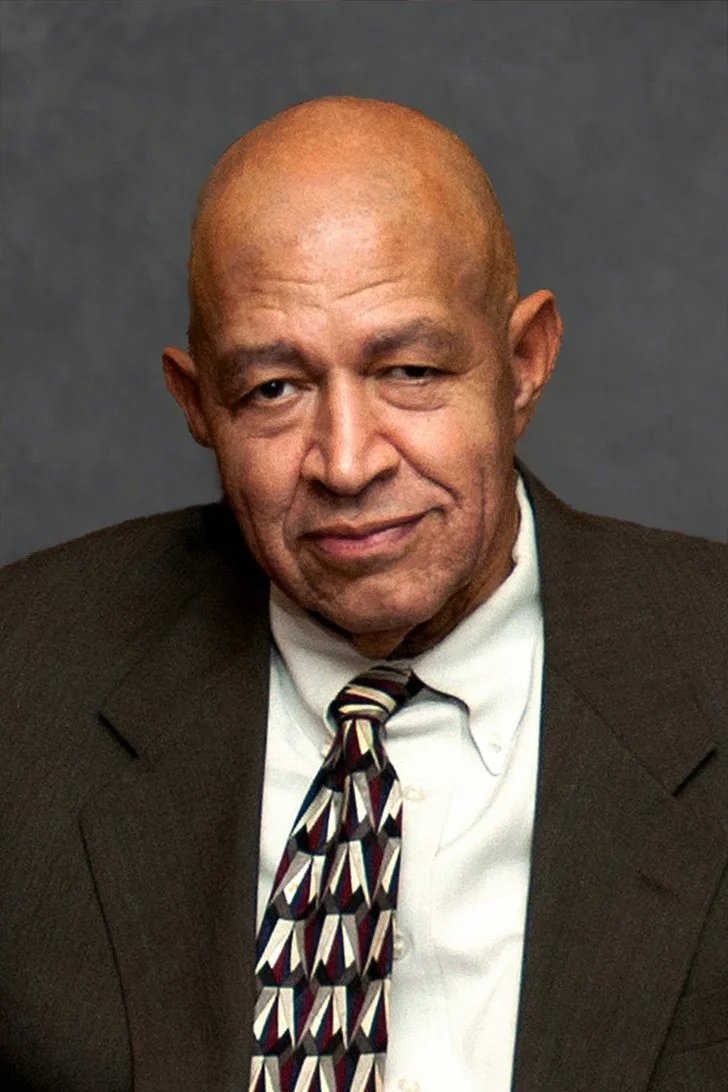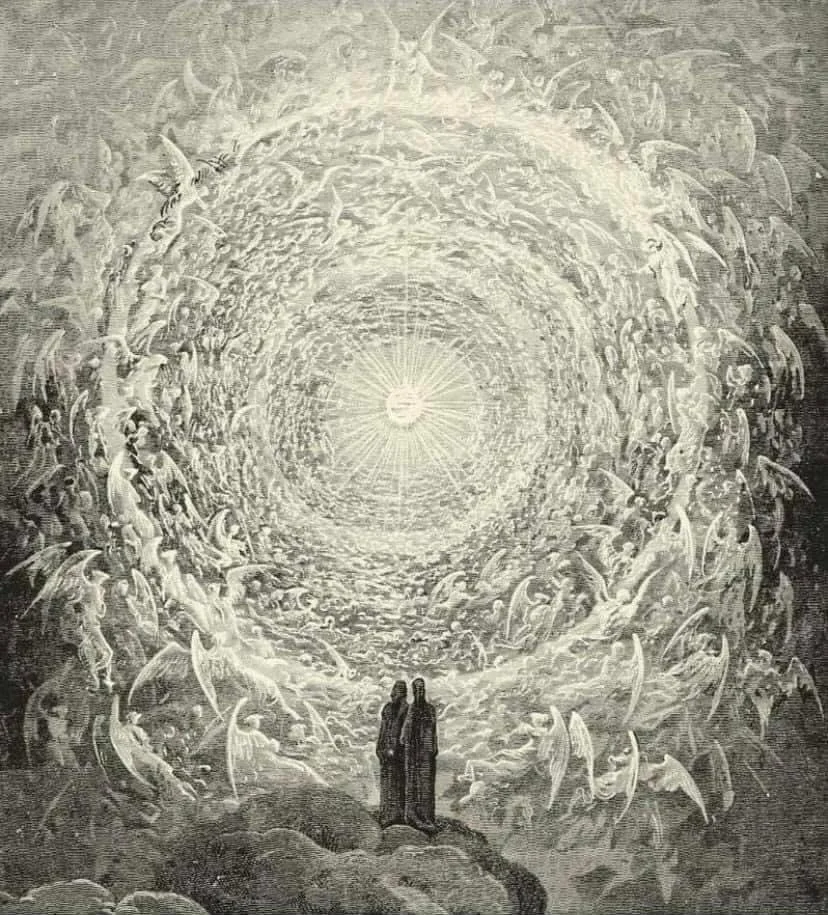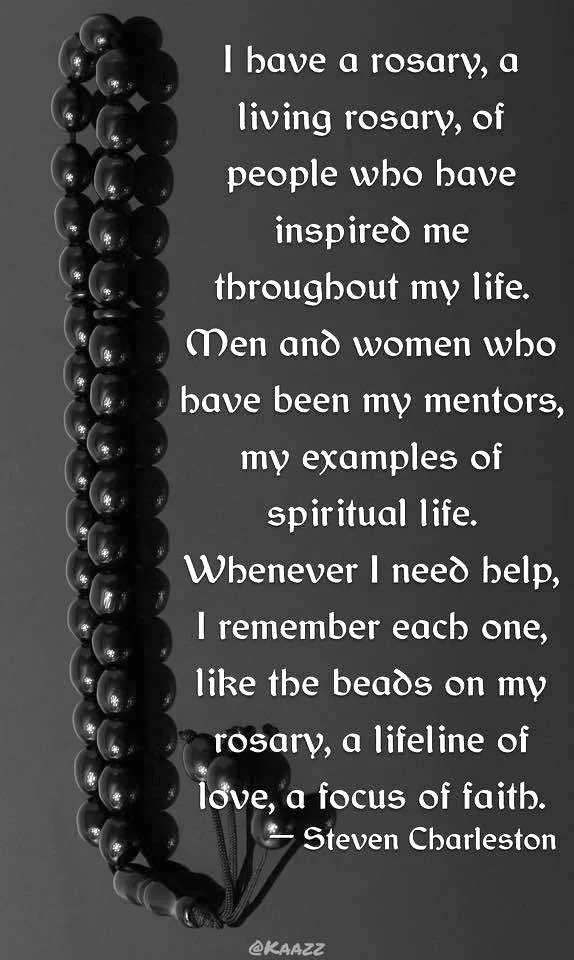Sacred Grounds
Guest Writer: Kimberly Applegate
sacred ground. Murfee Labyrinth
Understand that this is sacred ground, and it hurts to walk here. But at the same time, I "need" to walk here. I need the strength, the sense of purpose, and the knowledge of self that walking here imparts. … What do I want from you? I want you to be my sister and to walk here with me. I know it's a challenging walk. I know it causes you pain. But this much I also know: If ever we learn to tread this ground together, there's no place we can't go.—Leonard Pitts, Jr.
Especially this weekend, I am reflecting on the painful and tragic events that occurred on January 6, 2021, at our nation's Capitol. But, of course, we cannot do it without understanding our 400-year history of race and faith in America. But how many of us genuinely know these histories?
The COVID pandemic provided me with this opportunity through an amazing program called Sacred Ground, curated by the Black Episcopal Church: https://episcopalchurch.org/sacred-ground
"Sacred Ground" is a film- and readings-based dialogue series on race grounded in faith. It invites small groups to walk through chapters of America's history of race and racism, while weaving in threads of family story, economic class, and political and regional identity.
The 10-part series is built around a powerful online curriculum of documentary films and readings focusing on Indigenous, Black, Latino, and Asian/Pacific American histories as they intersect with European American histories.
"Sacred Ground is part of Becoming Beloved Community, The Episcopal Church's long-term commitment to racial healing, reconciliation, and justice in our personal lives, ministries, and society. This series is open to all and specially designed to help white people talk with other white people. It invites participants to peel away the layers that have contributed to the challenges and divides of the present day–all while grounded in our call to faith, hope, and love."
It cannot be more timely.
Kimberly Applegate, MD
Joanna. https://www.joannaseibert.com/







